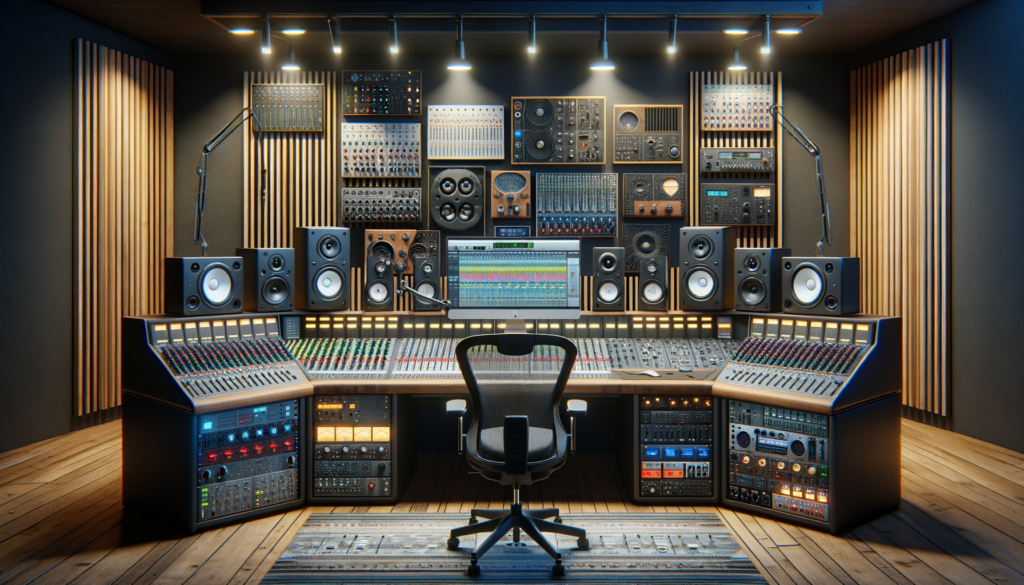The DIY & Crafts Blog

Learn Audio Engineering Basics
Introduction to Audio Engineering
Audio engineering is a field that combines creativity with technical expertise to produce, manipulate, and enhance sound. Whether it’s for music, film, television, or live performances, audio engineers play a crucial role in ensuring audio quality and clarity. This article explores the foundational aspects of audio engineering, from the tools and techniques used to the different career paths available in this dynamic field.
The Role of an Audio Engineer
An audio engineer’s primary responsibility is to ensure sound quality during recordings and live performances. This involves setting up and operating sound equipment, mixing audio tracks, and sometimes even creating sound effects. Audio engineers must have a keen ear for detail and a deep understanding of acoustics.
Audio engineers work in various environments, including recording studios, concert venues, and broadcasting stations. They collaborate with musicians, producers, and directors to achieve the desired sound quality. Key tasks include:
- Recording and editing audio tracks
- Mixing and mastering music
- Setting up and maintaining audio equipment
- Collaborating with artists and producers
The role requires both technical skills and creative intuition, making it a unique and fulfilling career for those passionate about sound.
Tools and Technology in Audio Engineering
Audio engineering relies heavily on technology, with a wide range of tools available to professionals in the field. These include digital audio workstations (DAWs), microphones, mixers, and audio interfaces. Each tool serves a specific purpose in the audio production process.
Digital audio workstations are essential for recording, editing, and mixing audio tracks. They offer a variety of features, such as multi-track recording, virtual instruments, and effects processing. Popular DAWs include software that caters to different levels of expertise and project requirements.
Microphones are another critical tool in audio engineering. They come in various types, such as dynamic, condenser, and ribbon microphones, each suited for different recording environments and sound sources. Choosing the right microphone is crucial for capturing high-quality audio.
Mixers and audio interfaces are used to manage multiple audio signals, allowing engineers to balance and manipulate sound levels. These tools are integral to both studio and live sound engineering, providing control over the final audio output.
Career Paths in Audio Engineering
Audio engineering offers diverse career opportunities, each with its own set of challenges and rewards. Some common career paths include:
- Studio Engineer: Works in a recording studio, focusing on recording and mixing music tracks.
- Live Sound Engineer: Manages sound quality during live events, ensuring clear audio for audiences.
- Broadcast Engineer: Works in radio or television, handling audio for broadcasts and ensuring sound quality.
- Sound Designer: Creates sound effects and audio elements for film, television, and video games.
Each role requires specific skills and expertise, and many audio engineers choose to specialize in one area. Continuous learning and adaptation to new technologies are crucial for success in this field.
Conclusion: The Future of Audio Engineering
The field of audio engineering is constantly evolving, driven by advancements in technology and changes in the entertainment industry. As new tools and techniques emerge, audio engineers must stay updated to remain competitive. The demand for high-quality audio in various media forms ensures that audio engineering will continue to be a vital and exciting career path.
Whether you’re an aspiring audio engineer or simply interested in the field, understanding the basics of audio engineering can provide valuable insights into the world of sound production. With dedication and passion, a career in audio engineering can be both rewarding and fulfilling.









